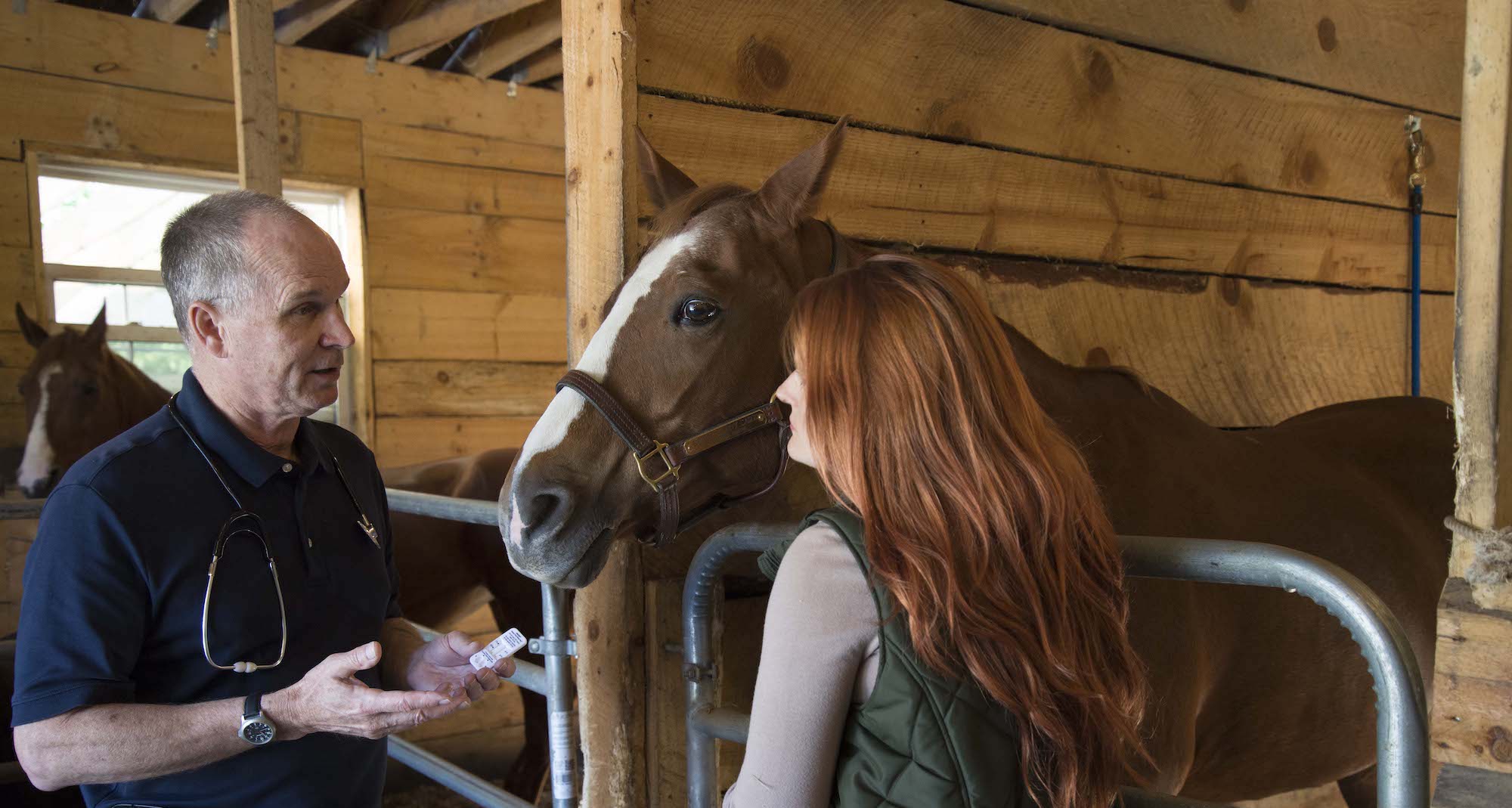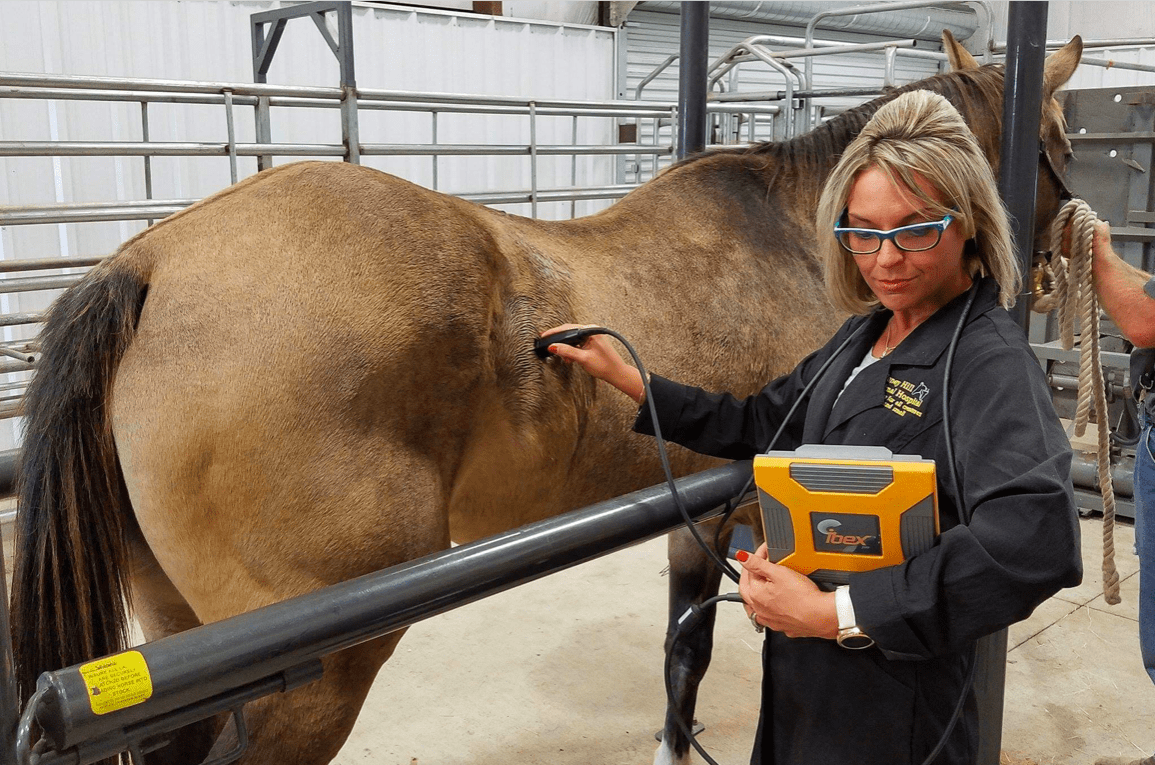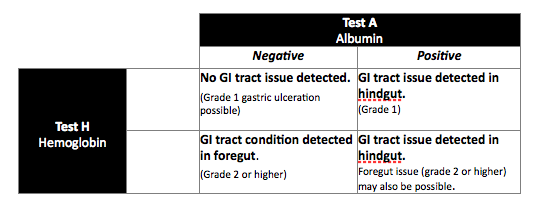As temperatures continue to rise across the country, it’s imperative for veterinarians in all climates to evaluate how they handle and store different medications and other products. The inside of the truck or mobile clinic heats up rapidly in the sun, which can adversely affect many equine products. Even on cooler days, the temperature inside a closed vehicle can exceed 100° F within minutes.
The SUCCEED Equine Fecal Blood Test is vulnerable to long-term heat exposure. During the long, hot days of summer, proper handling and storage are especially critical to ensuring your test kits are viable.
How Heat Affects the FBT
The SUCCEED FBT depends on the work of purified antibodies to function. It’s these antibodies that detect equine albumin or hemoglobin in a fecal sample. And these same antibodies are sensitive to long exposure to heat.
When the test gets too hot, changes occur in the tertiary structure of the antibodies. This tertiary structure is what allows the antigen (albumin for Test A and hemoglobin for Test H) to enter into the antibody molecule. As the temperature increases, the antibody continues to destruct, and the activity of the antibody diminishes. Once the antibody reaches a critical temperature, the test is rendered useless, as the antigens will no longer react to the antibodies to produce a clear result.
With sufficient heat damage to the antibodies, the control lines on the two parts of the FBT would fail to appear. This is your tell-tale sign that the test is defective. But good handling and storage can help avoid this problem before it occurs.
Action Steps – Protecting the FBT from Heat
With the latest version of the SUCCEED Equine Fecal Blood Test, Freedom Health has taken some steps to help you manage the impact of heat on the product. The FBT label and instructions now state that the test kit should be refrigerated when not in use. With this, veterinary supply distributors are advised to store the product in refrigerated warehouses. Further, the product is shipped in insulated cartons with cold packs.
For the practitioner, a few steps can help ensure a viable test, time after time. Keep the FBT refrigerated at all times. For the ambulatory vet, take just the number of kits needed for the day’s calls and keep them in a cooler or refrigeration unit, if your truck is so equipped. Be sure to remove any test kits from the truck at the end of the day and return them to the refrigerator overnight.
Proper storage of the SUCCEED FBT is critical to its consistent and reliable performance. Be sure to read other frequently asked questions, and download the full FBT instruction sheet here.
For more information on the FBT, contact Freedom Health.



